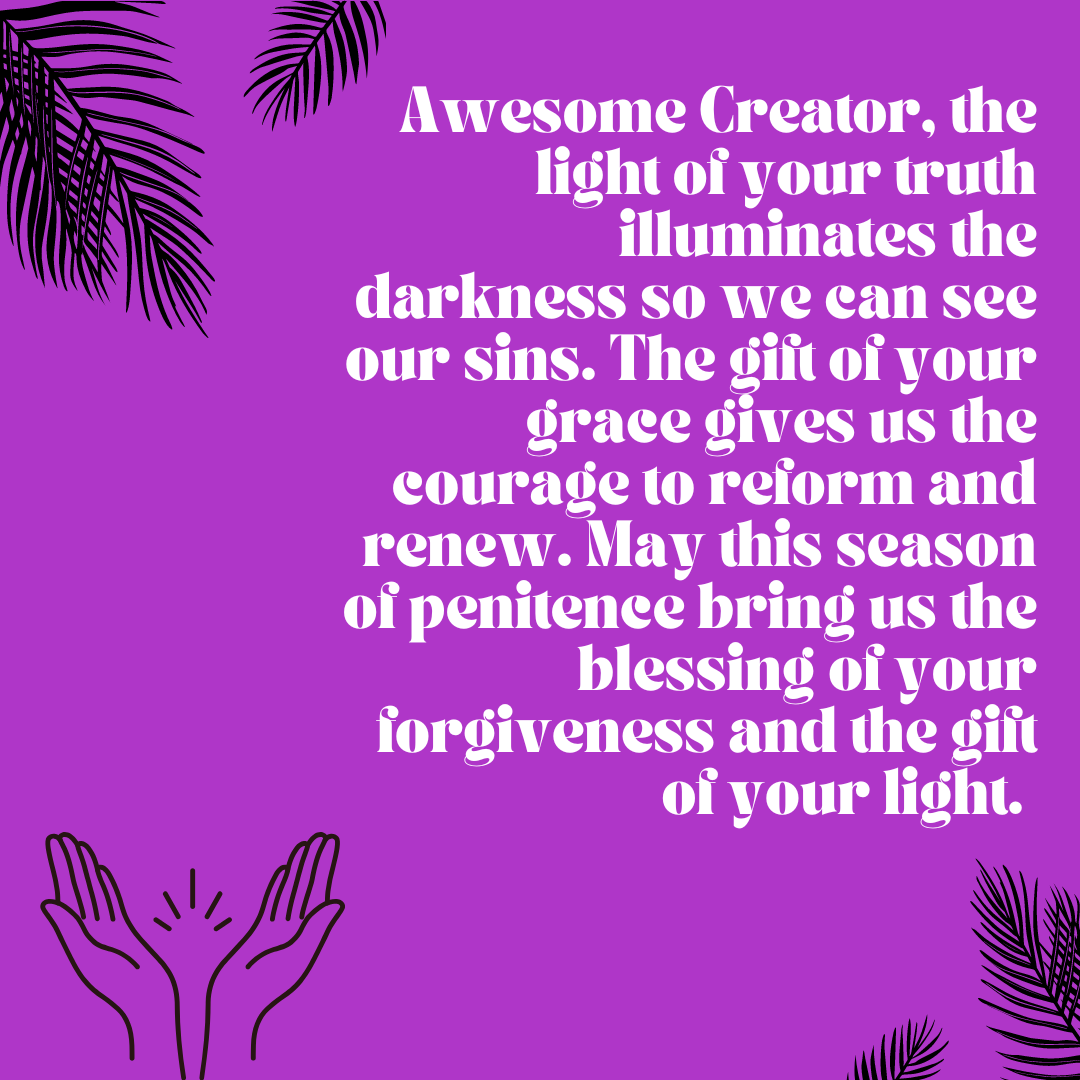Saturday of the First Week of Lent
March 4th, 2023
Call to Action: 55
55. We call upon all levels of government to provide annual reports or any current data requested by the National Council for Reconciliation so that it can report on the progress towards reconciliation. The reports or data would include, but not be limited to:
i. The number of Aboriginal children—including Métis and Inuit children—in care, compared with non-Aboriginal children, the reasons for apprehension, and the total spending on preventive and care services by child-welfare agencies.
ii. Comparative funding for the education of First Nations children on and off reserves. iii. The educational and income attainments of Aboriginal peoples in Canada compared with nonAboriginal people.
iv. Progress on closing the gaps between Aboriginal and non-Aboriginal communities in a number of health indicators such as: infant mortality, maternal health, suicide, mental health, addictions, life expectancy, birth rates, infant and child health issues, chronic diseases, illness and injury incidence, and the availability of appropriate health services. v. Progress on eliminating the overrepresentation of Aboriginal children in youth custody over the next decade.
vi. Progress on reducing the rate of criminal victimization of Aboriginal people, including data related to homicide and family violence victimization and other crimes. vii. Progress on reducing the overrepresentation of Aboriginal people in the justice and correctional systems.
Suggestions for Almsgiving
The 2023 Lenten Calendar is a project of CTA's Indigenous Solidarity Collective, a working group that addresses the Catholic Church's historical and current role in colonialization. To support more projects from working groups like this one, please consider making a contribution!
Saturday, Mar. 4, 2023
National Council for Reconciliation
Call To Action's 2023 Lenten Calendar is a collaboration between the Indigenous Solidarity Collective and Anti-Racism Team (ART). This calendar provides more than 40 days of prayer and study to lead members into action and solidarity with Indigenous communities. For holy days and Sundays during Lent, we'll publish a reflection from an ART or Indigenous Solidarity Collective member on why we're committed to undoing racism and Indigenous oppression in our own communities and biases and what it means to do this work as Catholics. Following each meditation or reflection, we will feature a call to action from the Truth and Reconciliation Commission of Canada.
If your enemy is someone who has historically wronged you, what does it mean to "love your enemy?” Does it involve complicity or "niceness?” Does "love" include not talking about hurt and harm to save the wrong-doer from uncomfortable truths?
Settlers upon stolen land easily are "the enemy.” So what do Matthew's words teach those of us considered enemies?
Perhaps being loved as an enemy is willfully being held accountable. Being the recipient of such love invites remembering that our inherent dignity deeply desires the Truth and inherent worth of others. We re-member, and create connection. People with dignity have the capacity to apologize, make amends, and do better.
—Meditation by Indigenous Solidarity Collective member Scott Pyzik
As part of your Lenten practice, please consider donating to one or more of the
following organizations:




